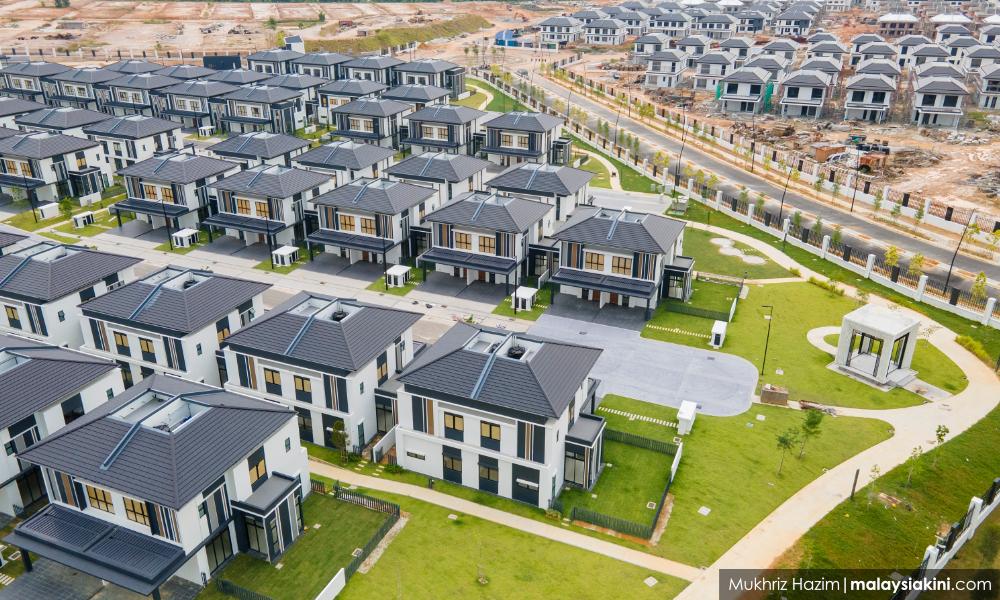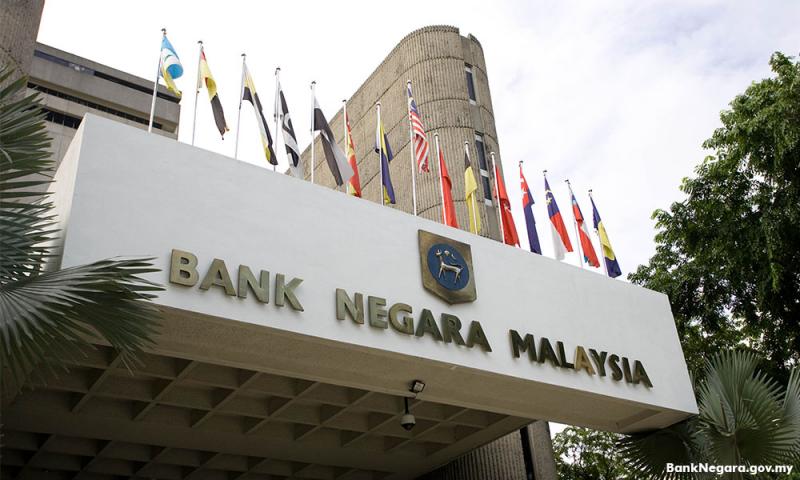LETTER | It was reported in almost all media recently that Bank Negara Malaysia (BNM) has introduced a standardised housing loan and home financing agreement for retail borrowers/customers.
As part of the implementation of the standardisation, financial institutions are required to cease imposing any fee, whether directly or indirectly, on housing loan documents to lawyers, with effect from Feb 1, 2023.
Apart from cost savings for legal instrumentation, BNM's decision enhances and protects customer interest by using the standardised agreement. In Malaysia, the legal cost of housing loan agreements is prohibitive and is a direct barrier to property ownership.
National Housebuyers’ Association (HBA) president Chang Kim Loong raises his objections to Local Government Development Ministry's intention to introduce e-SPA in an article under the heading “Baffled over eSPA” dated June 10, 2022, in the Edge Property.
The article gives the impression that HBA is representing lawyers' interests rather than housebuyers.
As an NGO that looks after consumer interest, Victims Malaysia (VM) had hoped that HBA would support the Local Government Development Ministry initiative as it benefits the purchasers and reduce the cost of property ownership.
VM has countered all arguments raised by HBA in the above article and proven that the benefits outweigh the downside.
With BNM having taken the first step, e-SPA should now move forward to complement BNM policy since all SPAs between developer and purchasers are standard and is part of the HDA118. It is statutory in nature.
What is needed is to simplify the language of the contract which is too legalistic and beyond the comprehension of ordinary house buyers.
Malaysian laws do not prevent two or more parties from signing any agreement without legal representation. Self-representation is a norm in any contract and is even practised in courts.

The positive aspect of e-SPA must not be ignored. It will stimulate the housing industry as it reduces the total cost of property ownership.
Essentially it formalises the existing marketing practices by developers where they provide a “free legal fees” package in their offerings at a low cost to everyone.
The ministry needs to take an additional step by developing simple and easily comprehended SPA wordings by average house buyers.
VM stands firm in its belief that the existing HDA118 is weak and should undergo a massive restructuring. It needs to empower the ministry with broad powers to ensure that the housing industry's reputation remains solid to attract buyers both from locals and abroad.
To achieve this, the law must provide a good measure to protect the house buyers' interest as they are a small equation in the housing industry.
The existing legislation is an outdated piece of law that has proven to be dysfunctional. It limits the powers of government officers in taking any action.
The number of abandoned housing has risen and is likely to continue to grow as the law did not have any functional powers to take action against the ultimate shareholders.
It is estimated that RM20 billion worth of liquidity is stuck with the purchasers. It is likely to be more if we include the unsold units.
We urge the ministry to take a leaf from FSA2018 and the good practices of BNM in developing an appropriate law with a proper structure of governance to ensure that the industry remains vibrant and untainted.
Empowerment is a critical factor in the law.
The writer is the chairperson of Victims Malaysia.
The views expressed here are those of the author/contributor and do not necessarily represent the views of Malaysiakini.





